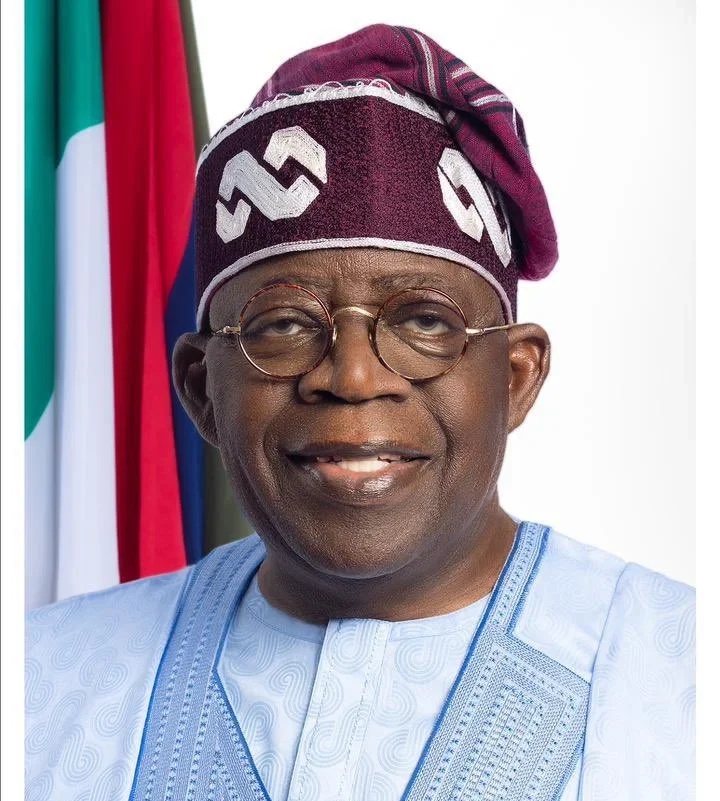By Albert David
In a world increasingly defined by geopolitical tension and ideological divides, the recent threat by the United States government to intervene in Nigeria marks a deeply troubling moment, not only for West Africa but for global diplomacy at large. The rationale, rooted in concerns over religious persecution and terrorism, raises urgent questions about the balance between international responsibility and national sovereignty.
President Donald Trump’s administration has signaled its readiness to take military action against Nigeria, citing the alarming rise in attacks on Christian communities and the Nigerian government’s perceived failure to curb extremist violence. While terrorism must never be allowed safe haven on this planet, the specter of foreign intervention, especially unilateral and militarized, sets a dangerous precedent.
The language of “swift and vicious” retaliation, used by the U.S. president, evokes a troubling disregard for diplomatic channels, regional stability, and the complex realities on the ground. Nigeria, like many African nations including Sierra Leone, grapples with multifaceted challenges: porous borders, fragmented intelligence networks, and deeply entrenched communication failures between government institutions and civil society.
The principle of sovereignty is not a ceremonial relic, it is the bedrock of international law. While the global community must act decisively against terrorism, it must also respect the autonomy of nations to address internal crises through democratic and lawful means. Nigeria’s struggle against Boko Haram, ISWAP, and other insurgent groups is not a binary tale of religious war, it is a multidimensional conflict affecting Muslims, Christians, and countless innocents caught in the crossfire.
To reduce this complexity to a narrative of Christian genocide is not only misleading, it risks inflaming sectarian tensions and undermining years of interfaith dialogue and reconciliation efforts.
Unethical leadership and systemic communication breakdowns continue to plague many African governments. In Nigeria, opaque governance and inconsistent messaging have eroded public trust and hindered effective counterterrorism strategies. Sierra Leone faces similar hurdles, where institutional fragility and political patronage often dilute the impact of international aid and reform.
The U.S. must recognize that intervention without partnership, without listening, without respecting local context, is not justice, it is imposition.
What is needed now is not saber-rattling but radically professional diplomacy. The international community must engage Nigeria through:
– Robust intelligence sharing
– Targeted humanitarian support
– Strengthening democratic institutions
– Promoting religious tolerance and human rights
Journalists, human rights defenders, and civil society actors must be empowered, not sidelined. Their voices are essential in crafting a narrative of resilience, not victimhood.
Justice is not a drone strike. It is a process, painful, deliberate, and inclusive. If the U.S. truly seeks to champion democracy and human rights, it must do so through collaboration, not coercion. Nigeria deserves support, not suspicion. Its people deserve peace, not panic.
The world watches. Let it not witness another chapter of reckless intervention, but a new era of ethical engagement.











